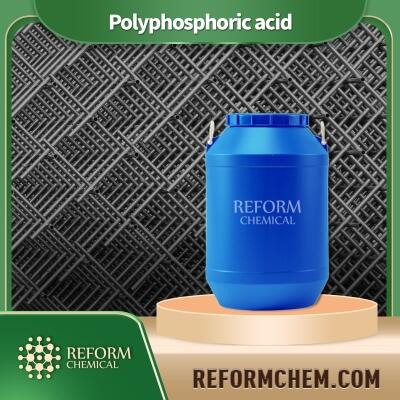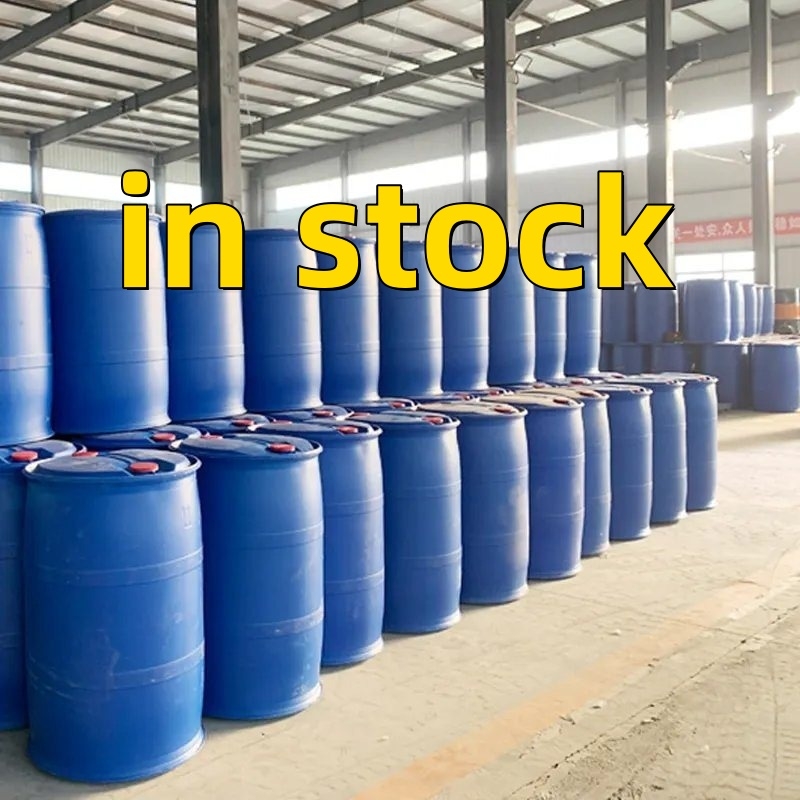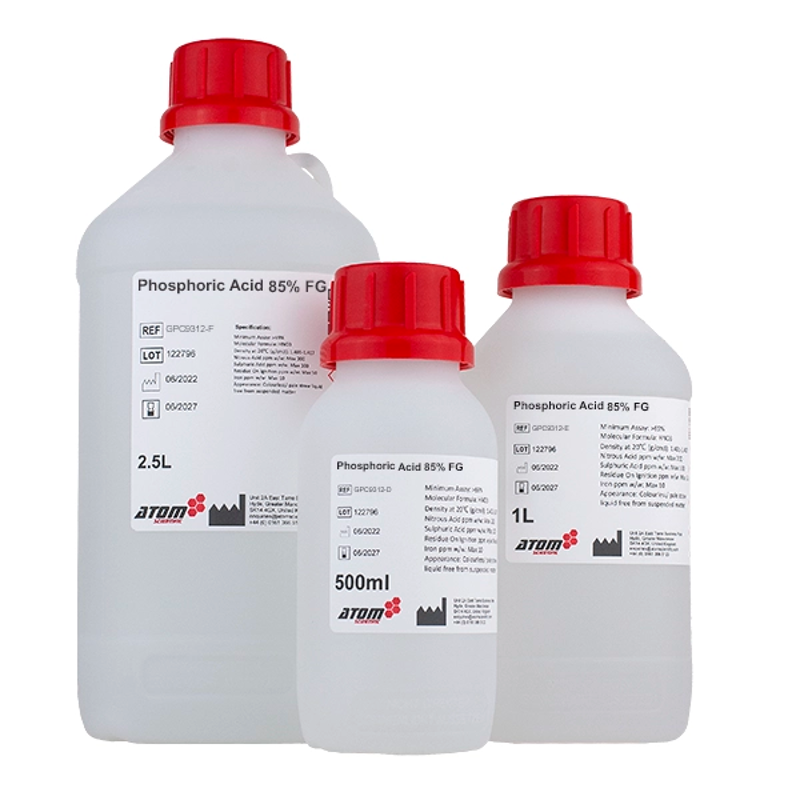-
Categories
-
Pharmaceutical Intermediates
-
Active Pharmaceutical Ingredients
-
Food Additives
- Industrial Coatings
- Agrochemicals
- Dyes and Pigments
- Surfactant
- Flavors and Fragrances
- Chemical Reagents
- Catalyst and Auxiliary
- Natural Products
- Inorganic Chemistry
-
Organic Chemistry
-
Biochemical Engineering
- Analytical Chemistry
-
Cosmetic Ingredient
- Water Treatment Chemical
-
Pharmaceutical Intermediates
Promotion
ECHEMI Mall
Wholesale
Weekly Price
Exhibition
News
-
Trade Service
Potassium zirconium carbonate (KZC) is an important chemical compound that is widely used in various industries, including the chemical, cosmetic, and pharmaceutical industries.
It is known for its unique properties, such as high solubility, good stability, and mild alkalinity, which make it an ideal ingredient in various products.
In the chemical industry, KZC is used as an upstream and downstream product, which means that it can be both a precursor and a final product, depending on the manufacturing process.
Upstream Product: Potassium Zirconium Carbonate as a Precursor
Potassium zirconium carbonate is used as a precursor in the production of various chemicals, such as surfactants, textile auxiliaries, and catalysts.
One of the most common uses of KZC is in the production of linear alkylbenzene (LAB), which is a raw material for the production of surfactants.
The production process involves the dehydration of LAB, which is catalyzed by potassium zirconate, a derivative of KZC.
The high solubility and good stability of KZC make it an ideal catalyst for this process, which increases the yield and efficiency of the production process.
Another application of KZC is in the production of zeolites, which are microporous aluminosilicates that are used as catalysts, adsorbents, and ion exchange materials.
The production process involves the hydrothermal synthesis of zeolites, which is catalyzed by KZC.
The high alkalinity and good stability of KZC make it an ideal catalyst for this process, which leads to the formation of high-quality zeolites with controlled properties.
Downstream Product: Potassium Zirconium Carbonate as a Final Product
Potassium zirconium carbonate is also used as a final product in various industries, such as the cosmetic and pharmaceutical industries.
It is used as an emulsifier, thickener, and stabilizer in various formulations, such as creams, lotions, and gels.
The high solubility and good stability of KZC make it an ideal ingredient in these formulations, which improves their texture, consistency, and overall performance.
In the pharmaceutical industry, KZC is used as an excipient in various dosage forms, such as tablets, capsules, and suspensions.
The high alkalinity and good stability of KZC make it an ideal ingredient in these dosage forms, which improves their properties, such as flowability, compressibility, and disintegration.
KZC is also used as an antacid in various formulations, such as tablets and powders, which helps to neutralize stomach acid and relieve heartburn and indigestion.
Economic Importance of Potassium Zirconium Carbonate
Potassium zirconium carbonate is an important chemical compound that has numerous applications in various industries.
Its unique properties, such as high solubility, good stability, and mild alkalinity, make it an ideal ingredient in various products, which improves their performance, consistency, and overall quality.
The production of KZC involves various steps, such as mining, refining, and purification, which require specialized equipment and skills.
The cost of production depends on the purity and quality of the raw materials, the production process, and the scale of production.
Overall, potassium zirconium carbonate is an essential chemical compound that plays a critical role in the production of various chemicals, products, and materials.
Its economic importance is reflected in the high demand and increasing production, which is expected to continue in the coming years.
The chemical industry is constantly evolving, and new applications of KZC are being discovered, which expands its scope and potential in various industries.
The use of







